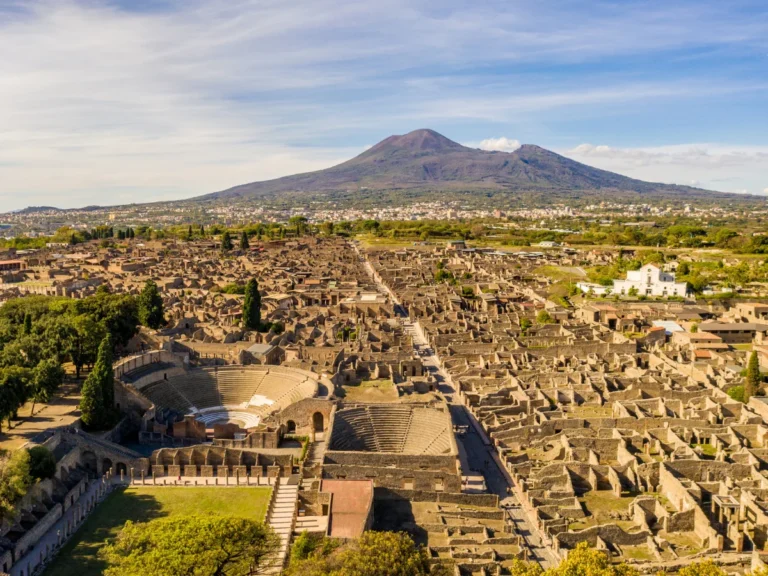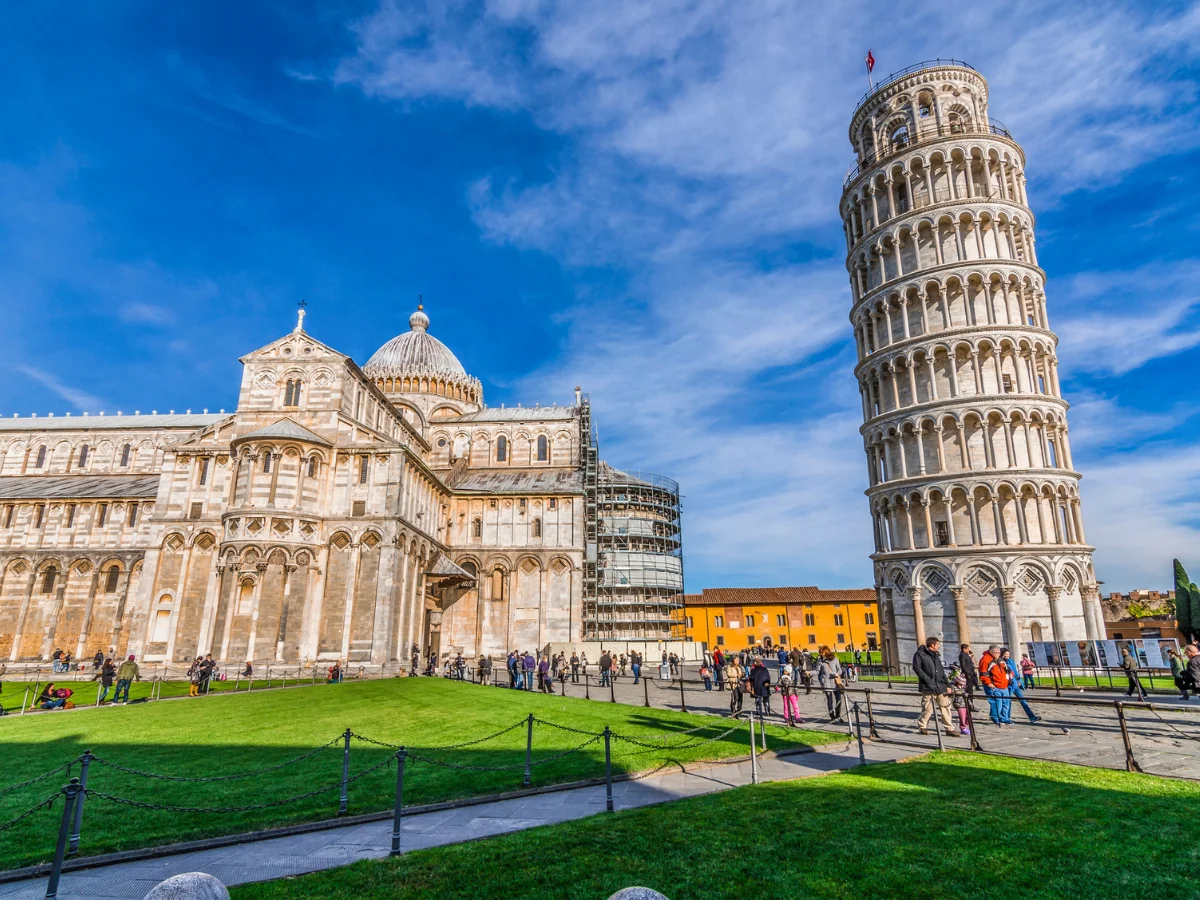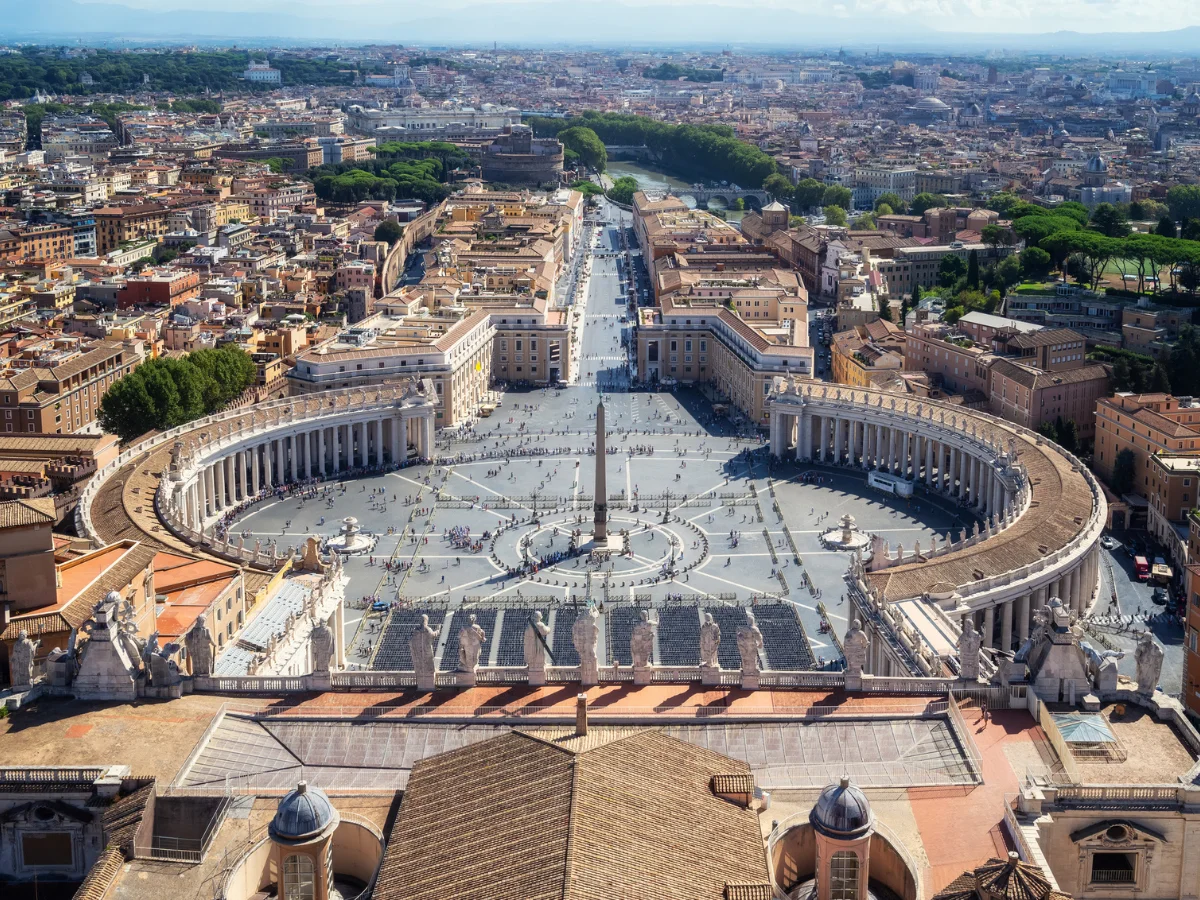The clashes between Ancient Rome and Egypt
The clashes between Ancient Rome and Egypt were pivotal moments in Mediterranean history. The alliance between Mark Antony and Cleopatra culminated in the Battle of Actium. Octavian’s victory resulted in Egypt becoming a Roman province. Despite conflicts, cultural exchange flourished. Roman admiration for Egyptian art and knowledge shaped civilization. In conclusion, the relationship between Rome and Egypt exemplifies the complex dynamics of diplomacy, conquest, and cultural fusion in the ancient world.

The clashes between Ancient Rome and Egypt
Introduction: Rome’s Encounters with Egypt
The interaction between Ancient Rome and Egypt was a blend of diplomacy, trade, and occasional conflict. Battles between these ancient powers were influenced by political ambitions, economic interests, and strategic considerations, shaping the course of history in the Mediterranean.
Pompey’s Campaign: Rome’s Conquest of Egypt
In 48 BC, Julius Caesar’s rival, Pompey the Great, fled to Egypt seeking refuge after his defeat in the Roman Civil War. Pompey’s arrival triggered a series of events that led to the Battle of the Nile, where he was betrayed and assassinated. This paved the way for Caesar’s intervention in Egypt.
The Donations of Alexandria: Antony and Cleopatra’s Alliance
The relationship between Rome and Egypt reached a peak during the alliance between Mark Antony and Cleopatra VII. In 31 BC, their forces clashed with those of Octavian (later Emperor Augustus) in the decisive Battle of Actium. Despite their defeat, Antony and Cleopatra’s legacy endured through the cultural and political influence they exerted over Egypt and the Eastern Mediterranean.
The Conquest of Egypt: Rome’s Final Triumph
In 30 BC, Octavian’s victory at Actium led to the annexation of Egypt as a Roman province. The capture of Alexandria marked the end of the Ptolemaic dynasty and the beginning of Roman rule over Egypt. Although there were no major battles during the conquest, the annexation of Egypt solidified Rome’s control over the Eastern Mediterranean and established Egypt as a vital component of the Roman Empire.
The Legacy of Rome and Egypt: Cultural Fusion and Influence
Despite occasional conflicts, the interactions between Rome and Egypt facilitated significant cultural exchange and collaboration. Roman admiration for Egyptian art, architecture, and religious practices led to the adoption and adaptation of Egyptian cultural elements within Roman society. Likewise, Egyptian knowledge and expertise in fields such as medicine, astronomy, and engineering contributed to the advancement of Roman civilization.
Conclusion: A Complex Relationship
The battles between Ancient Rome and Egypt reflect the complexities of diplomacy, conquest, and cultural exchange in the ancient world. From Pompey’s campaign to Octavian’s conquest, these conflicts shaped the course of history in the Mediterranean and left a lasting legacy of cultural fusion and influence. Despite the occasional tensions, the relationship between Rome and Egypt exemplifies the interconnectedness of civilizations and the enduring impact of their interactions.



